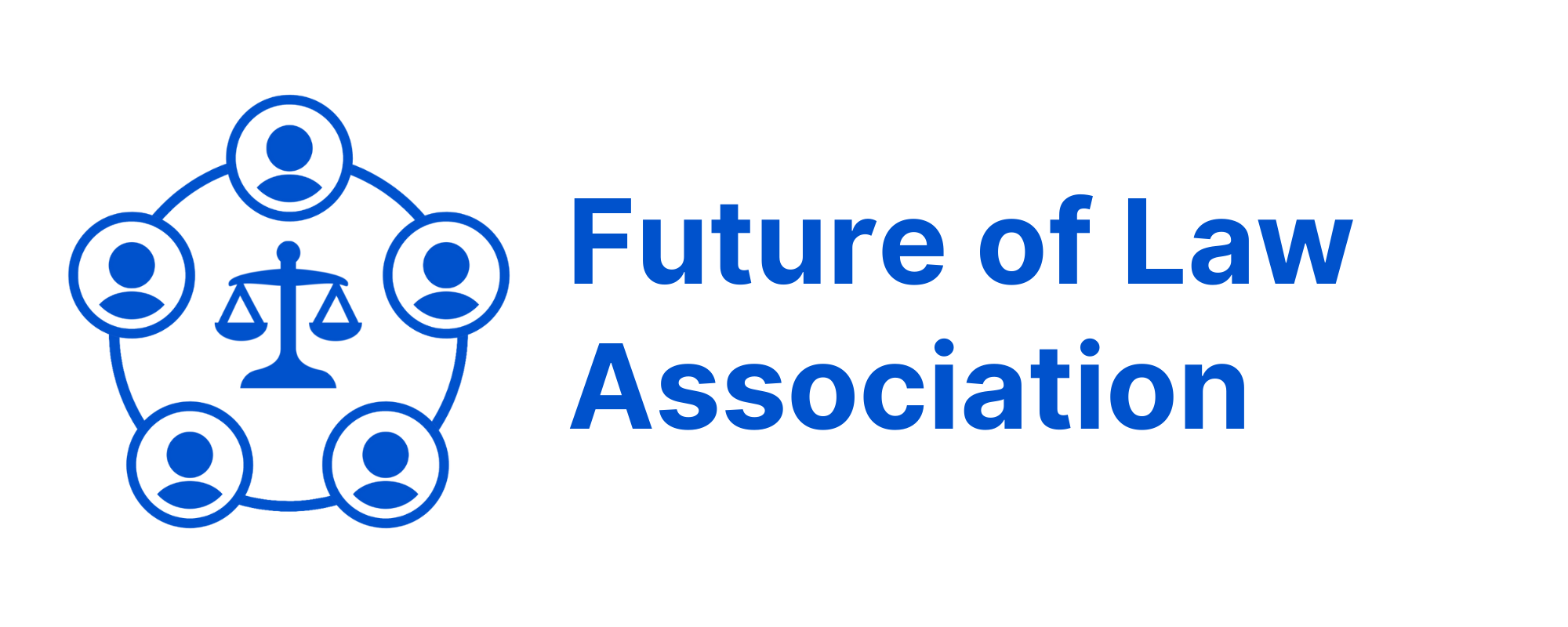My impressions of the challenges facing teaching law students in an increasingly technological world are grounded in my experience of developing and running courses in the area but significantly informed by attendance at a recent conference on ‘Legal Technology and the Rule of Law’ organised by Alison Hough at the Technological University of the Shannon in February 2024, with the support of the Irish Association of Law Teachers and the International Future of Law Association. The event allowed wide-ranging discussions from which it became clear that the various stakeholders in legal education have divergent and sometimes conflicting priorities.
Students want predictable assessment, dislike group work as it is complex and risky, are focused on certification rather than learning and are generally in third level education with employability rather than personal development in mind. They are pragmatic about what work they will do and the effort they will expend: they want to pass and get high marks, whether or not they have actually learned anything, and they have a ‘hydraulic’ model of the process (knowledge is something that is poured from the head of the lecturer to the student, and then poured out onto the exam script but leaves little trace on the student).
Employers want graduates with a knowledge of the law, strong social and teamwork skills (which did not develop well during the lockdowns), at least basic technology skills, and ideally with the broader awareness to be a ‘bridge’ between legal issues and the concerns and needs of their clients. Professional bodies want graduates with knowledge in particular ‘core subjects’, ‘academic’ skills and knowledge, and a capacity for critical thinking. At least in Ireland, there is little communication between third level institutions and professional bodies to ensure that the two curricula dovetail together in a constructive fashion.
Institutional management want employable students and innovative teaching, as that will increase the profile and intake, but they also want consistency and low costs. These priorities pull in different directions. Meanwhile, teaching staff want space to experiment, time to develop new skills, and resources to use new (and sometimes expensive) technology – which is again not in line with management’s focus on reducing expenditure.
Satisfying everyone is challenging and perhaps impossible. It does seem clear that we need to better integrate basic technology skills and some of the new technology-driven areas of law (such as data protection) that are essential knowledge for all practitioners into the curriculum. Academics must engage in more dialog with professional bodies. The structure of the curriculum should be re-evaluated. Is there is a need for broader business skills, and when and where are these delivered? Are the so-called ‘core subjects’ still the most relevant for the 2030s and beyond? Are there new areas of law that everyone should be aware of? Central management must be persuaded to provide sufficient resources to enable more meaningful problem-based learning. The rise of generative artificial intelligence may mean that oral examination becomes more appropriate, and perhaps with some creativity and fore-thought, it can be administered in a rigorous fashion that is not more time-consuming than closed-book written examination. The need for human, social and so-called ‘soft’ skills as a counterpoint to the technological may push us to return to the original traditions of legal education – delivered informally and casually. Some of the most valuable and detailed discussion of these topics at the TUS conference took place outside the conventional set-piece presentations. The salience of screens makes focus on the human dimension more important.
Dr Rónán Kennedy
School of Law, University of Galway
Dr Kennedy’s participation at the Technological University of the Shannon Conference on Legal Technology and the Rule of Law was generously supported by the Irish Association of Law Teachers.


0 Comments